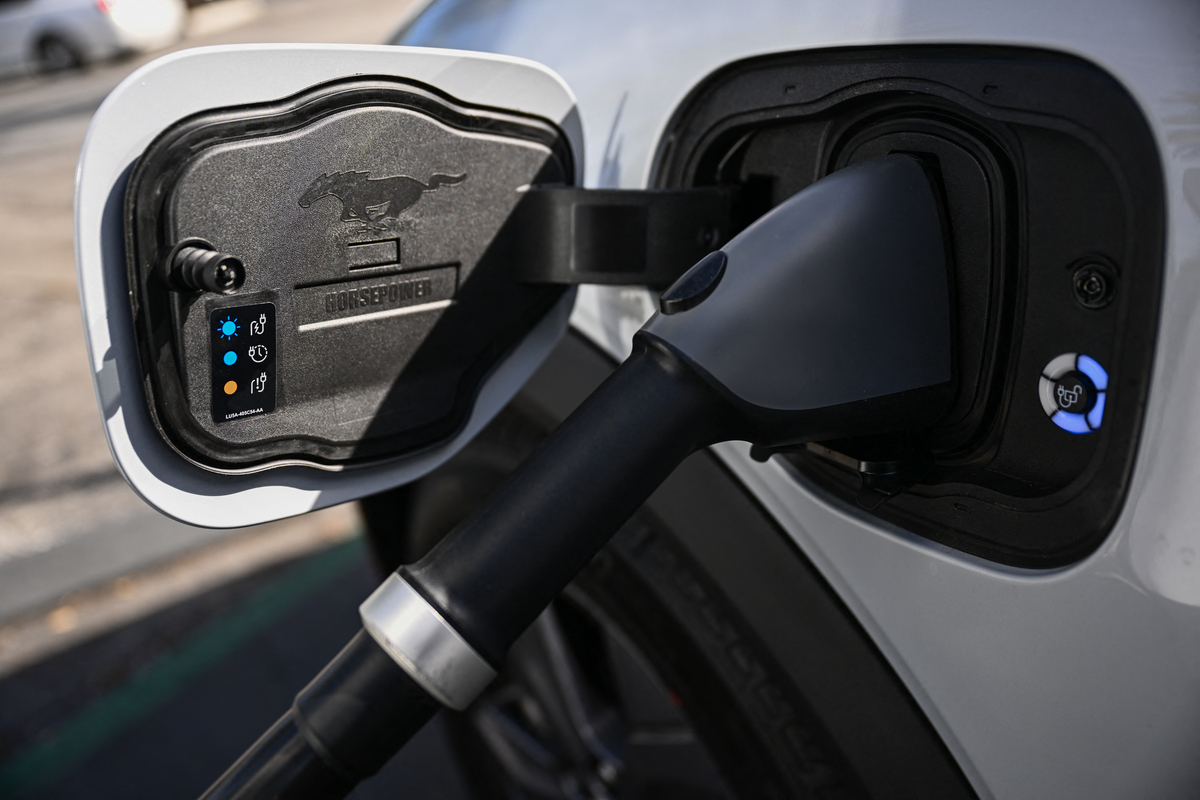Green Energy Gamble: DOE-Backed Battery Recycler Teeters on Financial Brink

Li-Cycle, a prominent battery recycling company, has encountered a significant setback in its ambitious expansion plans. The firm recently announced that it will be unable to fulfill the stringent financial requirements necessary to secure a crucial $475 million federal loan, which was intended to support the construction of a new facility in New York.
This unexpected development threatens to derail the company's strategic growth initiatives and could potentially delay its efforts to establish a robust battery recycling infrastructure in the United States. The federal loan was seen as a critical financial lifeline that would have enabled Li-Cycle to scale up its operations and contribute to the emerging green technology sector.
The company's inability to meet the loan's financial conditions underscores the challenges facing emerging clean energy enterprises, particularly in navigating complex funding landscapes and meeting rigorous federal lending criteria. This setback may force Li-Cycle to explore alternative financing options or reassess its current expansion strategy.
Investors and industry observers are now closely watching how the company will respond to this financial hurdle and whether it can find alternative paths to fund its New York facility development.
